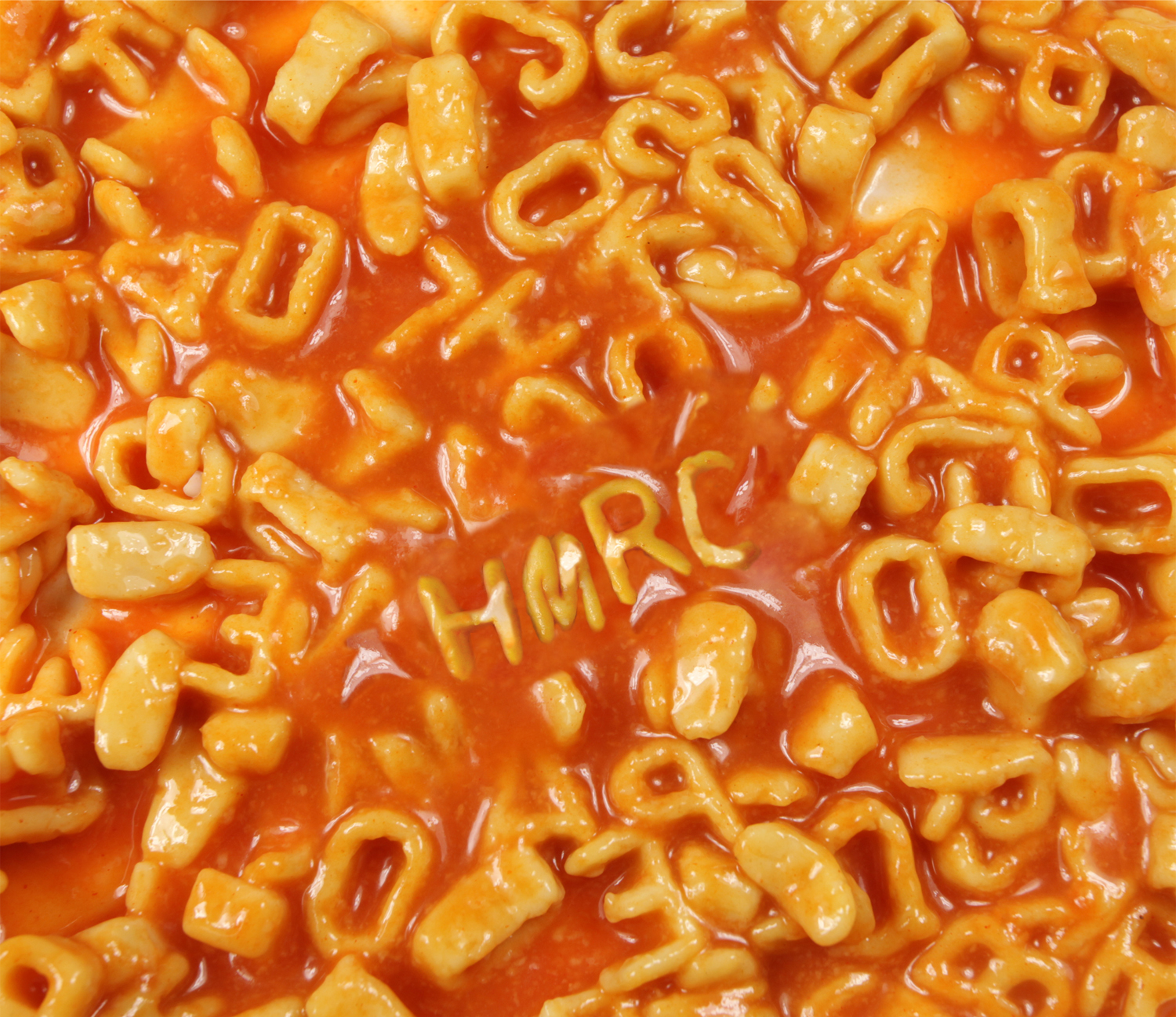Household Bills
Number of non-doms in UK falls

The number of UK taxpayers registered as non-domiciled with HM Revenue and Customs has fallen by 2,000 in one year as the impact of an annual charge continues to bite.
The £30,000 levy, first introduced in 2008, was applied to all non-doms who have been in the UK for between seven and 12 years but raised to £50,000 a year in 2012 for those who have been in the UK for 12 years.
According to law firm Pinsent Masons, the number of non-doms in the UK has tumbled by 17% from 140,000 to 116,000 since 2008.
Jason Collins, head of tax at Pinsent Masons, said: “The UK’s tax code is seen as becoming increasingly hostile to high net worths, especially those from overseas. There is a conflict here with the prime minister’s promise to roll out the red carpet for wealthy foreigners, and it is also potentially undermining new tax rules introduced in 2012 to attract non-dom investment in UK businesses.
“The non-dom levy is part of a series of measures – both implemented and threatened – including the annual property tax and mansion taxes, the 50/45p tax rate and capital gains tax increases, which are driving highly mobile wealthy individuals from the UK.”
Pinsent Masons added that only a fraction of UK non-doms actually pay the annual charge, with the rest opting to pay income tax on their global earnings; 4.8% of non-domiciles paid the levy in last year, generating just £168m for the Treasury.
The annual levy is also having an impact on the type of non-doms that are in the UK, the law firm said.
“Non-doms are now more likely to remain in the UK on a short-term basis to avoid being struck by the levy after seven years. Before non-doms would make long term investments, including investments in businesses, but non-doms are now more likely to make shorter-term investments – in things like property – that allow them to leave the UK easily before being hit by the levy,” Collins said.
“The overall effect is to reduce the positive contribution of non-doms to the UK economy. They’re being forced to make investments that have much less of a positive knock-on effect for others.”